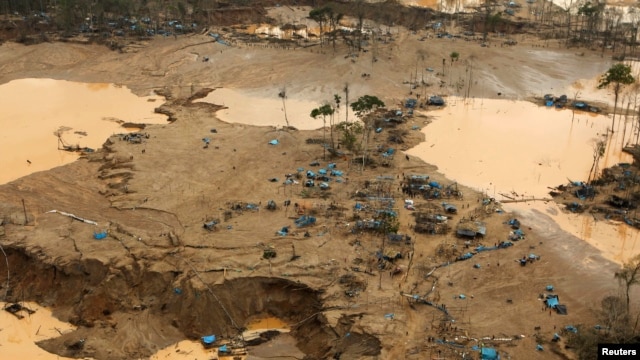Old Rocks
Diamond Member
Continueing the trend of stronger statements on the dangers of the warming that we are seeing from scientific societies.
http://www.geolsoc.org.uk/webdav/si...nge - evidence from the geological record.pdf
What are the grounds for concern?
The last century has seen a rapidly growing global population and much more intensive use of resources, leading to greatly increased emissions of gases, such as carbon dioxide and methane, from the burning of fossil fuels (oil, gas and coal), and from agriculture, cement production and deforestation. Evidence from the geological record is consistent with the physics that shows that adding large amounts of carbon dioxide to the atmosphere warms the world and may lead to: higher sea levels and flooding of low-lying coasts; greatly changed patterns of rainfall2; increased acidity of the oceans 3,4,5,6; and decreased oxygen levels in seawater7,8,9.
There is now widespread concern that the Earths climate will warm further, not only because of the lingering effects of the added carbon already in the system, but also because of further additions as human population continues to grow. Life on Earth has survived large climate changes in the past, but extinctions and major redistribution of species have been associated with many of them. When the human population was small and nomadic, a rise in sea level of a few metres would have had very little effect on Homo sapiens. With the current and growing global population, much of which is concentrated in coastal cities, such a rise in sea level would have a drastic effect on our complex society, especially if the climate were to change as suddenly as it has at times in the past. Equally, it seems likely that as warming continues some areas may experience less precipitation leading to drought. With both rising seas and increasing drought, pressure for human migration could result on a large scale.
http://www.geolsoc.org.uk/webdav/si...nge - evidence from the geological record.pdf
What are the grounds for concern?
The last century has seen a rapidly growing global population and much more intensive use of resources, leading to greatly increased emissions of gases, such as carbon dioxide and methane, from the burning of fossil fuels (oil, gas and coal), and from agriculture, cement production and deforestation. Evidence from the geological record is consistent with the physics that shows that adding large amounts of carbon dioxide to the atmosphere warms the world and may lead to: higher sea levels and flooding of low-lying coasts; greatly changed patterns of rainfall2; increased acidity of the oceans 3,4,5,6; and decreased oxygen levels in seawater7,8,9.
There is now widespread concern that the Earths climate will warm further, not only because of the lingering effects of the added carbon already in the system, but also because of further additions as human population continues to grow. Life on Earth has survived large climate changes in the past, but extinctions and major redistribution of species have been associated with many of them. When the human population was small and nomadic, a rise in sea level of a few metres would have had very little effect on Homo sapiens. With the current and growing global population, much of which is concentrated in coastal cities, such a rise in sea level would have a drastic effect on our complex society, especially if the climate were to change as suddenly as it has at times in the past. Equally, it seems likely that as warming continues some areas may experience less precipitation leading to drought. With both rising seas and increasing drought, pressure for human migration could result on a large scale.
